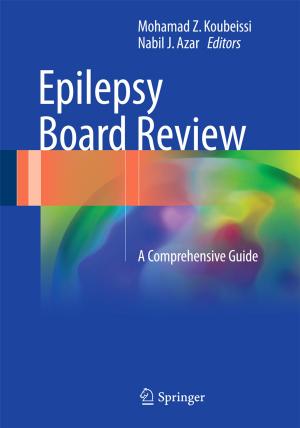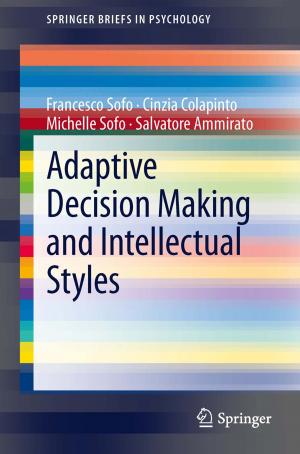Self-Regulated Learning and Academic Achievement
Theory, Research, and Practice
Nonfiction, Health & Well Being, Psychology| Author: | ISBN: | 9781461236184 | |
| Publisher: | Springer New York | Publication: | December 6, 2012 |
| Imprint: | Springer | Language: | English |
| Author: | |
| ISBN: | 9781461236184 |
| Publisher: | Springer New York |
| Publication: | December 6, 2012 |
| Imprint: | Springer |
| Language: | English |
Self-regulated learning is a new approach to studying student academic achievement. In contrast to previous ability or environmental formulations that address the why of achievement, self-regulation models focus on how students activate, alter, and sustain their learning practices using a variety of self-related processes. This book brings together a number of internationally known researchers representing different theoretical perspectives on students' self-regulated learning. In each chapter, the authors first describe a particular view of self-regulated learning to show how key subprocesses are defined and measured. Second, evidence that these key subprocesses affect student motivation and achievement is reviewed. Third, the authors describe and discuss how student self-regulated learning can be developed or taught based on their theoretical perspective. This book focuses on the influences of student self-regulated learning practices on academic achievement and motivation.
Self-regulated learning is a new approach to studying student academic achievement. In contrast to previous ability or environmental formulations that address the why of achievement, self-regulation models focus on how students activate, alter, and sustain their learning practices using a variety of self-related processes. This book brings together a number of internationally known researchers representing different theoretical perspectives on students' self-regulated learning. In each chapter, the authors first describe a particular view of self-regulated learning to show how key subprocesses are defined and measured. Second, evidence that these key subprocesses affect student motivation and achievement is reviewed. Third, the authors describe and discuss how student self-regulated learning can be developed or taught based on their theoretical perspective. This book focuses on the influences of student self-regulated learning practices on academic achievement and motivation.















